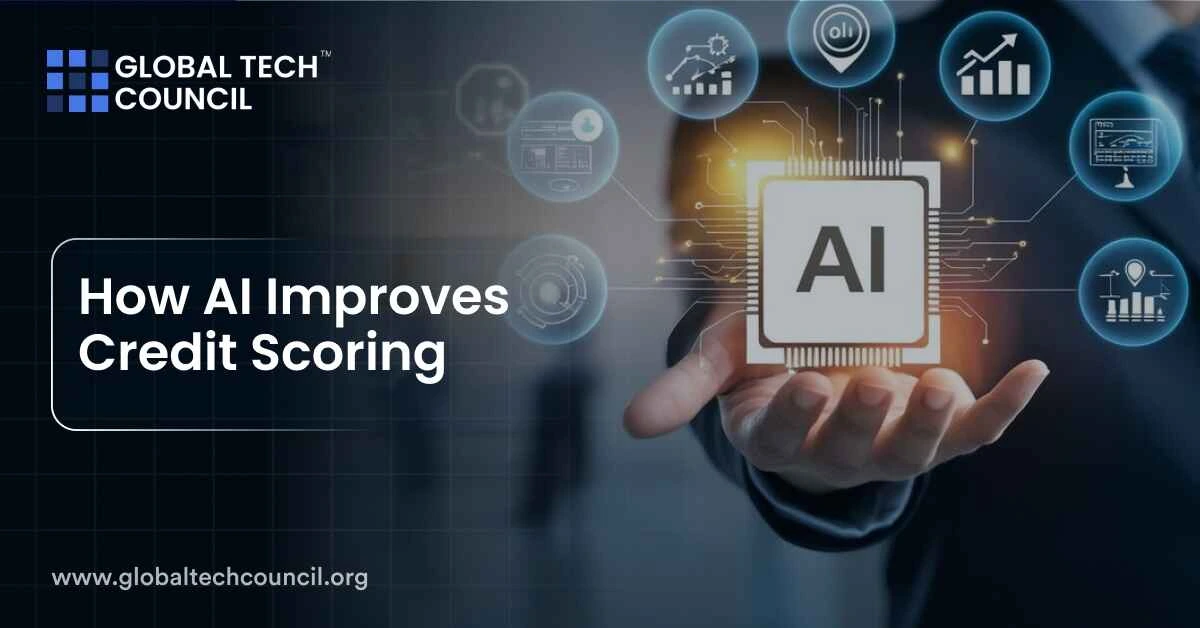
Artificial intelligence (AI) is reshaping how the financial sector evaluates creditworthiness and manages risk. By processing extensive datasets and detecting hidden patterns, AI allows for more precise assessments. These advancements are improving efficiency and creating opportunities for broader financial inclusion, benefiting both institutions and consumers.
Transforming Credit Scoring with AI
Conventional credit scoring systems tend to rely on narrow data points, like income and credit history. This often leaves out individuals with limited or unconventional credit records. AI tackles this problem by using additional data, such as transaction behavior, online interactions, and even personality tests. This broader approach paints a clearer picture of someone’s financial habits, resulting in more reliable scores and smarter lending practices.
For instance, organizations like ZestFinance apply machine learning to evaluate diverse information beyond standard credit reports. This enables lenders to better gauge risks, particularly for borrowers with minimal credit history.
Credit scoring systems rely on advanced AI models for accurate assessments. Earning the CAIE Certified Artificial Intelligence (AI) Expert® certification can help you gain the skills to design these impactful solutions.
Practical Uses and Progress
AI is rapidly becoming a staple in credit evaluation globally. In Australia, the Commonwealth Bank (CBA) has embraced AI across many areas, including credit assessments. This has boosted operational efficiency, cutting customer wait times in call centers by 40% and handling over 50,000 inquiries daily.
In Latin America, MercadoLibre, a major e-commerce platform, uses AI to offer instant loans to its sellers. By analyzing user data from its platform, the company helps expand access to funding, especially for individuals traditionally excluded from credit systems.
In the United States, fintech innovators are transforming how credit scores are calculated. Upstart, for example, uses AI-driven models to make lending more accurate. This approach helps those with limited credit records gain better access to financial services.
Tackling Challenges and Promoting Fairness
Despite its potential, AI in credit scoring comes with challenges, particularly related to fairness. Bias in the data used to train AI systems can lead to unequal outcomes. Addressing this requires creating models that are easy to interpret and ensuring fairness throughout the process.
Developers are actively working on solutions to make AI systems more transparent. For example, Explainable AI (XAI) techniques like SHAP (SHapley Additive exPlanations) help break down how specific decisions are made. This fosters trust and clarity in AI-powered credit systems.
AI-driven credit scoring often uses prompt-based systems for better insights. Becoming a Certified Prompt Engineer™ equips you with expertise to create and refine these AI prompts effectively.
Oversight and Regulation
Governments and regulatory bodies are paying close attention to AI’s role in finance. The Bank of England has raised concerns about how AI adoption might affect financial stability. It is exploring ways to include AI models in stress tests, ensuring they can handle economic crises responsibly.
This focus highlights the need for robust frameworks to govern AI usage in finance, prioritizing ethical practices and transparency.
What Lies Ahead
The use of AI in credit and risk analysis is set to grow as technology advances. Financial institutions are likely to rely increasingly on AI to improve decisions, enhance customer service, and boost inclusion.
Still, it’s vital to balance innovation with ethical safeguards. AI systems must remain transparent, impartial, and compliant with regulations. Collaboration among banks, tech developers, and regulators will be key to achieving these goals while minimizing risks.
AI developers play a key role in improving credit scoring with innovative algorithms. The Certified Artificial Intelligence (AI) Developer® credential can boost your credibility in building such transformative AI applications.
Conclusion
AI is revolutionizing the financial world by making risk assessment and credit scoring more precise and inclusive. As this technology progresses, it promises to make financial services more accessible and fair for everyone, opening new doors to opportunities in the sector.